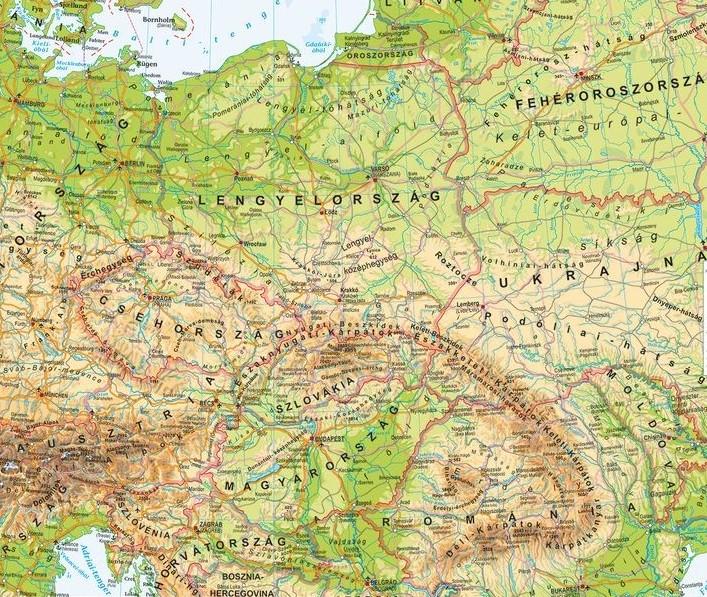Institute of Central European Studies
National University of Public Service
Eötvös József Research Centre
Tasks of the Institute of Central European Studies: The institute carries out multidisciplinary research activities and organizes events about the common historical and cultural heritage of Central European states and nations, as well as about the potential of their cooperation in the future and their relationship towards others states and traditions in Europe. These activities have a scope to include several other institutions.

What is our objective?
The set of phenomena that we call Central Europe undergoes a renaissance. This is a welcome development for academic enquiry with a comparative approach.
Central Europe has been the regional and mental framework of Hungarian history, politics and Hungarian livelihoods in general ever since the beginning of Hungarian statehood. Indeed, Hungary is one of the focal points of Central Europe. It is out task to make use of experiences that have shaped the region and the different countries in it in the past hundred years. Therefore, we aim to identify similarities and differences as well as examine those behavioural, mental, political and social patterns, as well as psychological and economic conditions that still have an impact in the present and that make the region Central Europe.
We focus our research activities on the countries of the Visegrad Cooperation, but we also include Croatia and Slovenia and, of course, the German-speaking Central Europe such as Austria and Bavaria, to some extent. We do not need to argue hard why the multi-ethnic and multi-confessional Transylvania and Partium make us include Romania in present day Central Europe. It is also for the common fate that half a century of communist oppression brought about and for the shared interests that small nationhood create that we are interested in the Baltic nations. Moreover, we do not exclude the links Central Europe had towards the so-called East.
We make an effort to cooperate with public policy and academic think tanks of Central Europe in order to realise workshops and projects, and, possibly, launch training programs. Through our activities we aim to create networks of cooperation that analyse the relationship of countries, historic conditions of their common actions, converging aspects and differences of their public policy, economic, security and cultural experiences and expectations towards the EU, Euro-Atlantic integration, China and the emerging Asian countries.